Life Like A Dream
Mathilde Profit on Perdre Léna
Now nominated for the New Critics & New Audiences Award 2024, French filmmaker Mathilde Profit opens up about the feminist tendencies in her work.
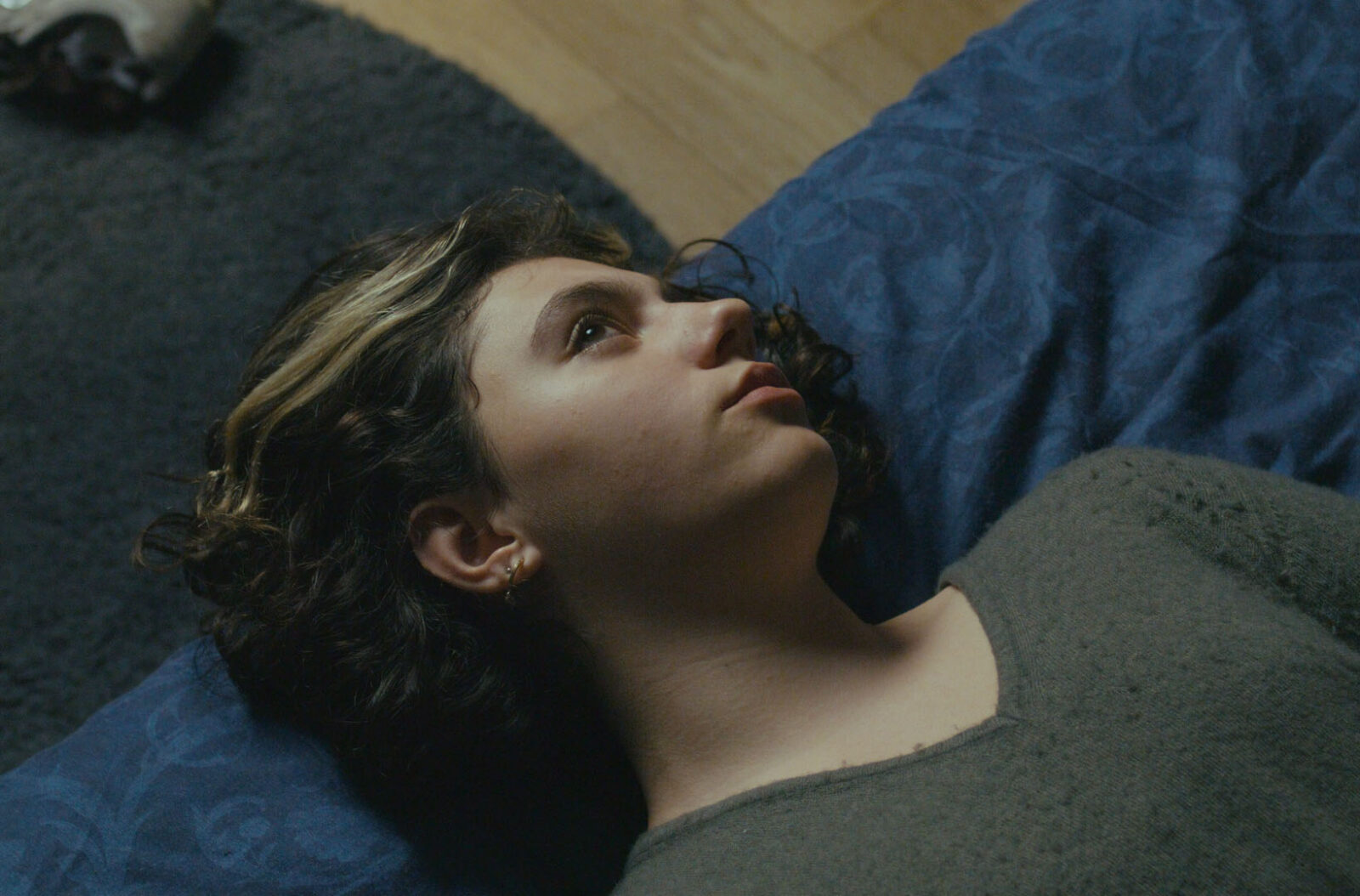
“I’m only interested in the effects of resonance and echo,” French filmmaker Mathilde Profit asserts. Two years after her inaugural film Un Adieu was nominated for the best short film at the César Awards, Profit’s freshest short, Perdre Léna, proposes a gynocentric tale about two strangers whose lives get mutually entangled. At first, the 24-minute film might seem like a well-known story stirred up by an incident: while waiting for a bus after school, the protagonist Cécile encounters a distressed young woman named Léna. With the bus delayed, Cécile asks her father to give Léna a lift. However, a sudden phone call hints that the stranger is on the run, as she lies about her whereabouts to someone on the phone. As soon as Léna borrows Cécile’s phone to finish the conversation, the latter already becomes an accomplice in whatever this is.
Who is this woman, and what prompts her to run? Profit, perhaps surprisingly, gives us no answers. What is important, however, is that Léna is a course-altering trigger for Cécile—an agent needed to embrace the unspoken camaraderie and trust among women. But do the film’s echoes resonate beyond femcentrism?
In a simultaneous exchange of French and English, Profit explains: “A few years ago, my then-fifteen-year-old niece told me about a disturbing encounter with a stranger while they were both waiting for a bus that never arrived. Her story reminded me of different women I had met since childhood. Early on, I sensed that I shared an awareness of immense danger with all them.” Once inspired to write the story that would later become Perdre Léna—which translates to “to lose Léna”—Profit wanted to translate this particular empathy to the audience, including the feeling of powerlessness that follows. The film’s title came to her at the outset while experimenting with the character’s first name and the idea of disappearance. “In film, characters usually find something or meet someone. I wanted to share the experience of mourning an encounter.”
Indeed, that encounter does not last too long. After Léna is dropped off, we still don’t know that a tracking shot of her walking away will become her final appearance in the flesh. Cécile’s father questions Léna’s perceived lack of niceness, to which Cécile poignantly responds: “Why do you always want people to be nice?” When questioned about the intention behind this line of dialogue, Profit claims it means nothing more than exactly what Cécile says. “I speak through her,” she clarifies, “and I have often been shocked by the demand for gentleness and sympathy from women towards men as if women owe it to them.”
As the film unfolds, we see Cécile struggle to continue her day. “Léna is lost, but that’s not really what the film is about. We show what it does to this young girl to witness and to feel that this woman is adrift,” Profit continues. Cécile harbours apprehension regarding Léna’s safety, acknowledging responsibility as an observer and, especially, as a woman. No longer certain of her attendance at a soirée later in the evening, Cécile finds herself unable to focus on her algebra assignments due to the incessant barrage of calls and messages on her phone, all inquiries pertaining to Léna, some bearing threatening overtones. Nevertheless, Cécile manifests an unwavering resolve to protect the woman she just met, to such an extent that she chooses to venture to where Léna was last seen. Eventually, the film’s heroine finds herself at what she believes to be Léna’s stairwell, safeguarding the stranger’s home.
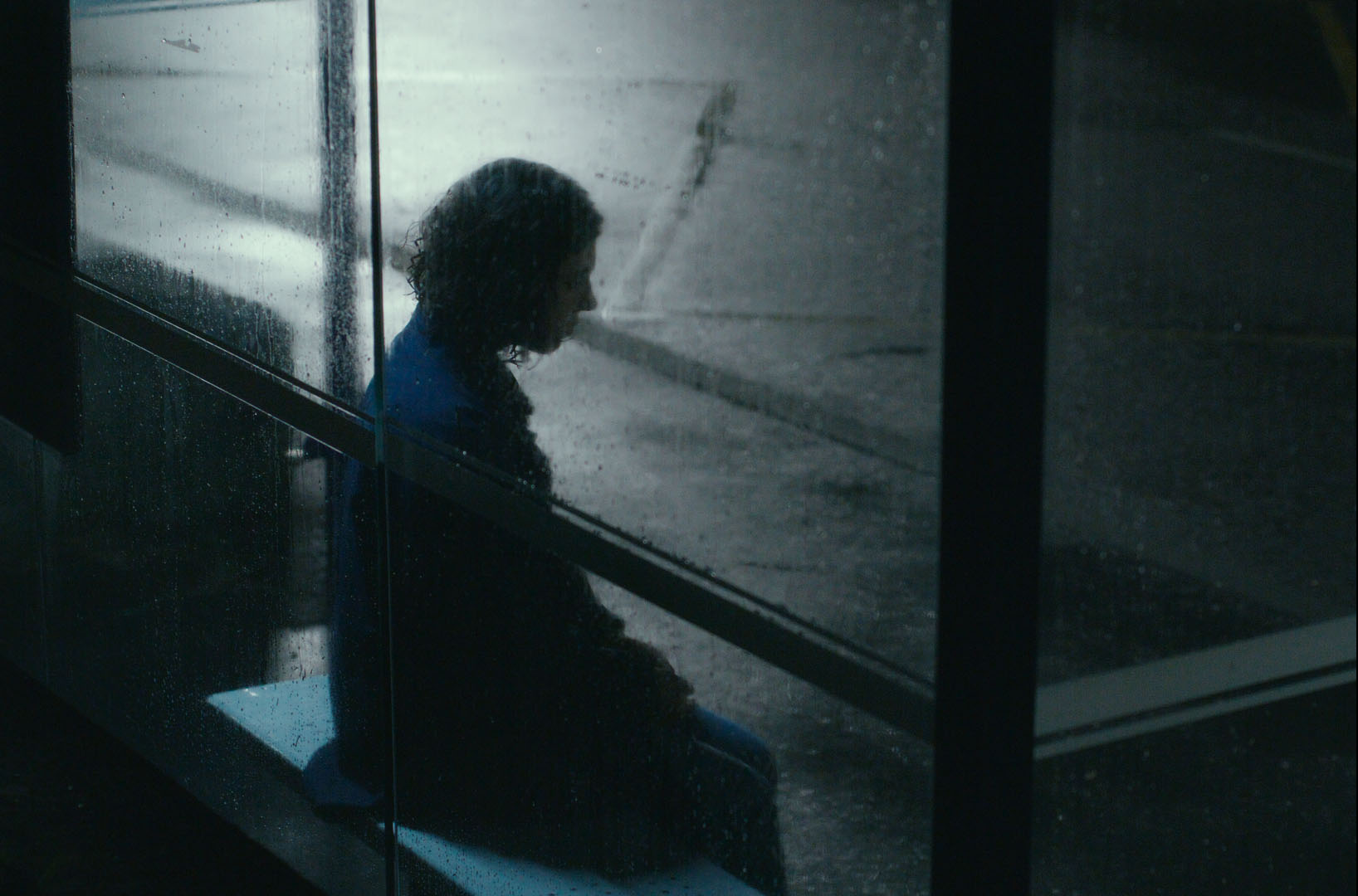
Perdre Léna
The distinctive and unpredictable screenplay—a collaboration between Profit and screenwriter Julie Debiton—primarily delves into Cécile’s relationship with Léna’s predicament. Does the film’s focus on the female experience already make it a feminist one? “It is difficult to answer this question,” hesitates Profit. “The reception of films belongs to those who receive them. I am, however, very moved to realise that you have seen a bit of what I tried to hide in it. But I will try to answer nonetheless because I am always upset to hear women defend themselves from being called women or feminists. I make films using my personal story, my anger, my wounds, and those of a feminist woman.” To Profit, making films is, therefore, an inherently feminist act: “It’s a way of positioning oneself in the face of the order, of being in the world.”
A slow pace and several atmospheric shots significantly enhance the impact of the nuanced narrative. Profit visualises moments of particular resonance through capturing lilac trees in the wind, the skylight, or Cécile’s trembling hands. A deliberate but unsure choice for Profit: “The mise en scène is a strong counterpoint to the mechanical script. I wasn’t sure about it, and I’m still not, but it’s the style I want to explore. It obsesses me.” Asked about her approach to directing such inserts while working with leading actress Olga Milshtein, Profit explains that these shots were not scripted: “I liked the skylight in the room and the idea of looking at the sky upside down. So, I asked Olga to lie on the bed and look at the sky. The set was very quiet. Olga was listening to music. We were searching for the shot in silence… At one point, we felt the silence of a Saturday afternoon boredom and filmed what was happening.” Both scripted and unscripted experiences breathe life into the film, an intense but, at the same time, gentle shooting experience. The character-building was just as intuitive. “Olga and I talked little about the character. She understood that there was something of me in Cécile, a part of my pain and fears. She observed me a lot, and I loved filming her.”
In a quasi-anecdotal manner, but perhaps chiming with the aforementioned approach to cinematography and pace, Unifrance’s website states that Perdre Léna is “a 100% French” production. Undoubtedly, Profit’s films exhibit a particular modus operandi: a specific sensibility and sensitivity to the female leads often found in French cinema, particularly in the works directed by women. Profit regards her connections with the French filmmakers as self-evident: “I make cinema amid others and, in a way, with others.” Nonetheless, she adds that her influences and style do not stem from the French film tradition alone: “I engage in an intimate dialogue with cinematography from around the world, from Japan to the United States, passing through Germany and Italy.” Today, even with both of her films being renowned abroad, Profit is hesitant to speak of how her work relates to French cinema: “I don’t have the necessary distance. After all, I love filming the world I know, the territory, and the people around me. So obviously there is a connection to my country.”
It’s easy to speculate that it was precisely this connection that may have influenced the choice to conclude the film in a less defined manner, allowing for various interpretations. After ‘losing’ Léna, Cécile eventually goes to that party. Does that mean her efforts to protect this woman failed, and she is looking for comfort among peers, or maybe even romance? Has she simply resumed her life as a teenager and already moved on? Profit herself states: “Perdre Léna is the story of a young girl who has an evening with a romantic horizon in mind and changes the trajectory along the way. I moved far away from the anecdote but kept the horizon and the celebration.” She wants life to continue, but, “a life a bit like a dream.”
Perdre Léna is unfortunately not available in France and the USA.
—
Perdre Léna was nominated for the New Critics & New Audiences Award at Kortfilmfestival Leuven by Emel-Elizabeth Tuulik, Monika Navickaitė, Marina Zigneli, Olivia Popp, Korée Wilrycx and Jan Tracz, the participants of the European Workshop for Film Criticism #3.
All six nominated films are available to watch from February 7 to 21, 2024. Create an account to vote for your favourite film. The winner receives a cash prize of €1000,-. Participants can win a one-year subscription to This Is Short, the European streaming platform for short films.
New Critics & New Audiences Award is a project by the European Network for Film Discourse (The END), hosted by Talking Shorts, and funded by the Creative Europe MEDIA Programme. With the support of This Is Short.


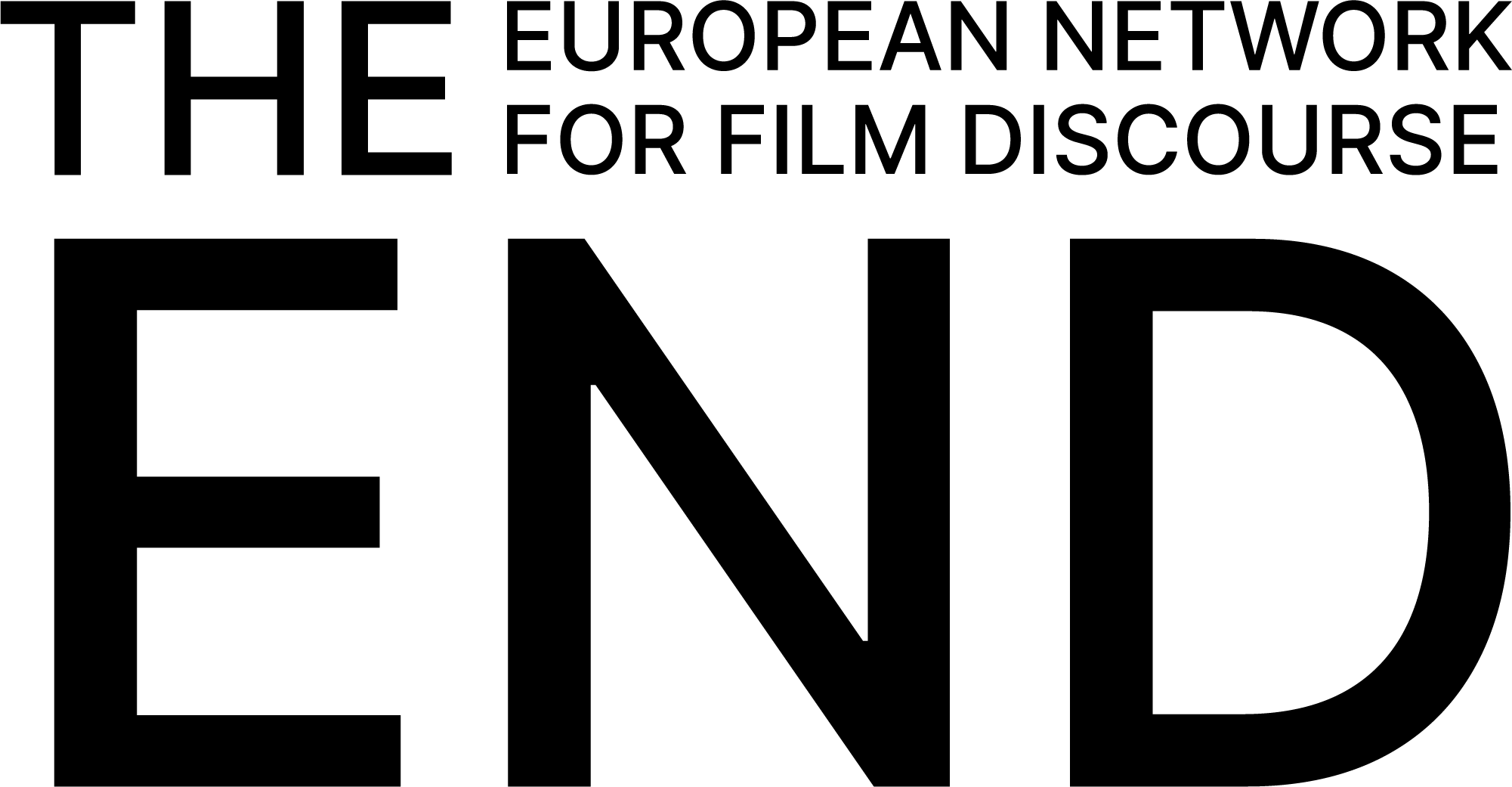

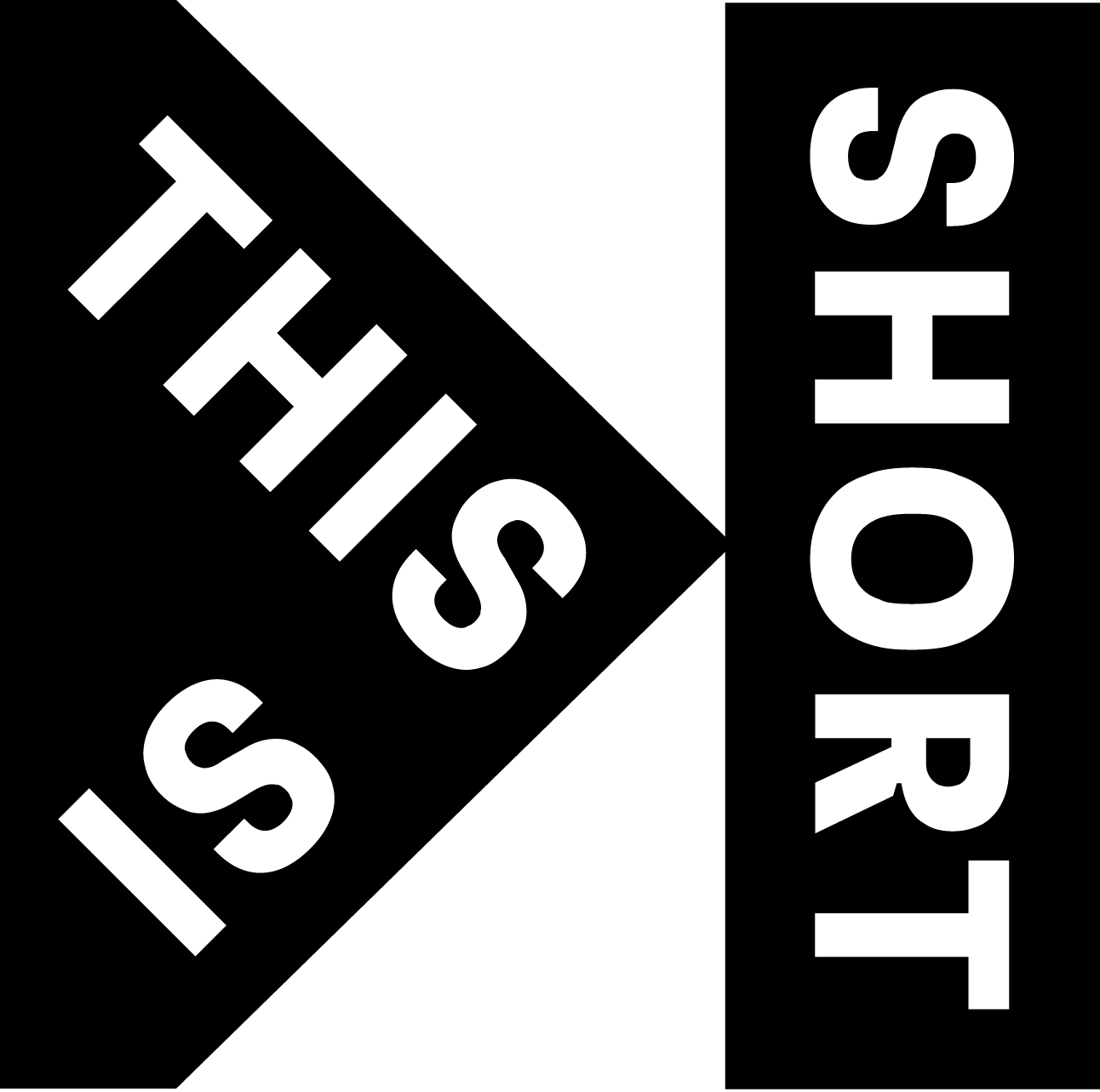

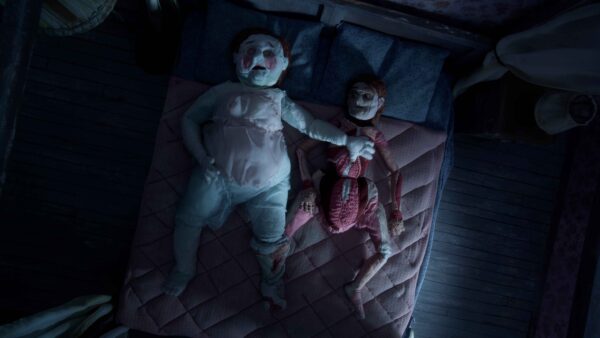


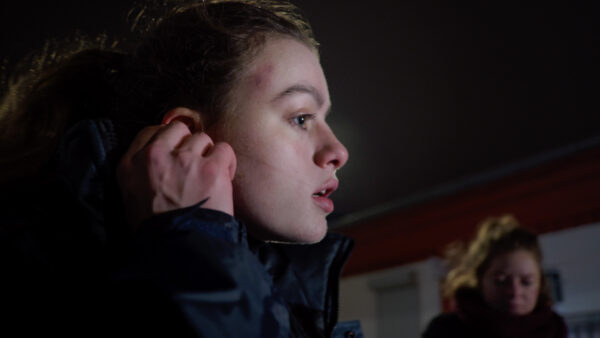
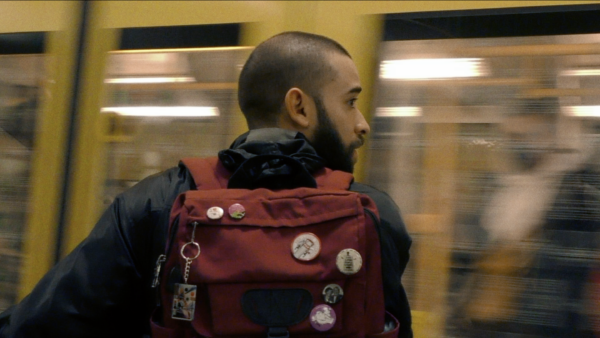

There are no comments yet, be the first!